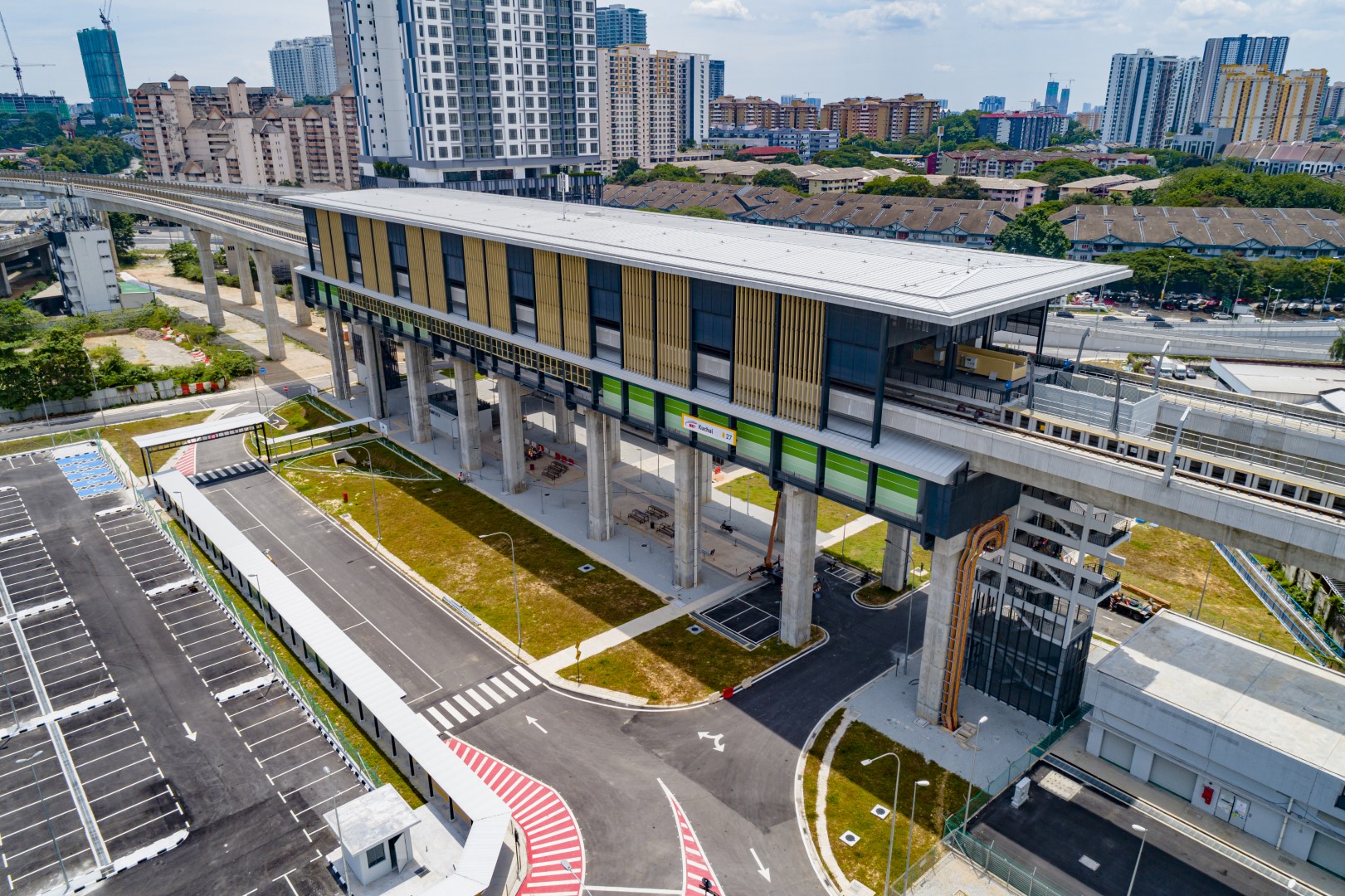
The real estate market is challenging. House prices are continually changing and having an impact on a wide range of local, national, and international issues.
Nevertheless, if all of that seems a little frightening, don’t worry – there are numerous variables that investors and purchasers can influence, as well as methods they may respond to changing conditions to maximize their chances.
Property is a popular asset class for many despite the difficulties that investors encounter.
Let’s dive into 3 main factors that decide the price of your property, regardless of whether you’re investing in real estate to plan for your future or purchasing your first home in the hopes of making money.
Nevertheless, if all of that seems a little frightening, don’t worry – there are numerous variables that investors and purchasers can influence, as well as methods they may respond to changing conditions to maximize their chances.
Property is a popular asset class for many despite the difficulties that investors encounter.
Let’s dive into 3 main factors that decide the price of your property, regardless of whether you’re investing in real estate to plan for your future or purchasing your first home in the hopes of making money.
1. Economic Environment

Positive economic conditions not only increase people’s purchasing power but also their willingness to invest in large-scale financial commitments like real estate.
Since higher interest rates can make borrowing expensive for many, interest rates are one factor that can have a substantial impact on real estate market transactions.
High-interest rates can hurt appraisals by reducing demand. On the other hand, low-interest rates increase the number of people who can access financing for investment and make borrowing cheaper.
Another significant issue is inflation, especially in regions with a shortage of available real estate. Property prices will rise as a result of rising inflationary pressure on the value of products.
Inflation and interest rates are just two examples of economic variables. The amount of unemployment, worldwide trade arrangements, and international financial conditions, among many other things, all have an impact on the state of the economy as a whole.
Although economic conditions are outside of a person’s control, you can modify your property market strategy to benefit from them.
In periods of high inflation, it can be possible to sell your home in a specific neighborhood for a higher price and use the extra money to buy real estate in a location less prone to price increases.
This presents options for people who want to relocate to suburban or rural areas with more available land for development from popular and heavily populated urban centers.
Additionally, if you’re fortunate enough to have a sizeable cash reserve and banked capital, high-interest rates may cause a decline in property values, providing you with a profitable investment opportunity.
Your accessible financial reserves can operate freely in a market where property prices are declining while others struggle to obtain credit.
Since higher interest rates can make borrowing expensive for many, interest rates are one factor that can have a substantial impact on real estate market transactions.
High-interest rates can hurt appraisals by reducing demand. On the other hand, low-interest rates increase the number of people who can access financing for investment and make borrowing cheaper.
Another significant issue is inflation, especially in regions with a shortage of available real estate. Property prices will rise as a result of rising inflationary pressure on the value of products.
Inflation and interest rates are just two examples of economic variables. The amount of unemployment, worldwide trade arrangements, and international financial conditions, among many other things, all have an impact on the state of the economy as a whole.
What can you do?
Although economic conditions are outside of a person’s control, you can modify your property market strategy to benefit from them.
In periods of high inflation, it can be possible to sell your home in a specific neighborhood for a higher price and use the extra money to buy real estate in a location less prone to price increases.
This presents options for people who want to relocate to suburban or rural areas with more available land for development from popular and heavily populated urban centers.
Additionally, if you’re fortunate enough to have a sizeable cash reserve and banked capital, high-interest rates may cause a decline in property values, providing you with a profitable investment opportunity.
Your accessible financial reserves can operate freely in a market where property prices are declining while others struggle to obtain credit.
2. Political Environment

Investors prefer consistency, therefore political change can have a detrimental effect on real estate sales.
This includes things like altered land policy, new ministers with different goals, updated construction codes, and a variety of other political developments that could have an impact on the stability of the housing market.
On a national level, a shifting political scene frequently means positive changes, but real estate investing may face difficulties depending on how things develop.
Political change is invariably out of people’s control and can be quite difficult to forecast. Political change, in contrast to the overall economic environment, doesn’t lend itself to any particular patterns other than possible housing price declines.
Until the landscape has stabilized, both buyers and sellers are hesitant to make large financial transactions. Despite the possibility of a widespread decline in prices, speculators are also likely to be wary of investing in the capital due to such circumstances.
This includes things like altered land policy, new ministers with different goals, updated construction codes, and a variety of other political developments that could have an impact on the stability of the housing market.
On a national level, a shifting political scene frequently means positive changes, but real estate investing may face difficulties depending on how things develop.
What can you do?
Political change is invariably out of people’s control and can be quite difficult to forecast. Political change, in contrast to the overall economic environment, doesn’t lend itself to any particular patterns other than possible housing price declines.
Until the landscape has stabilized, both buyers and sellers are hesitant to make large financial transactions. Despite the possibility of a widespread decline in prices, speculators are also likely to be wary of investing in the capital due to such circumstances.
3. Future Growth

Future construction can significantly affect current real estate values, offering a large chance for value growth under the appropriate conditions. Newly constructed rail, MRT, or LRT stations can significantly increase the value of the real estate in the neighborhood.
A boost can also be given by upscale new malls or other local infrastructure components. But don’t assume that upcoming events will always move in one direction. It’s critical to understand that some unfavorable developments may have a detrimental effect on real estate values. A massive prison or new sewage facility appearing out of nowhere two blocks from your house won’t be welcomed in property values.
Big infrastructure projects are difficult to forecast, but with a keen eye for the small print and some (hopefully informed) property speculation, you might be able to set yourself up for success.
MRT and LRT extensions are conceivably one place where some property speculation and forward-looking thinking might improve your investment chance. There is no assurance that your predictions will be accurate, just like there is with any other investment.
A boost can also be given by upscale new malls or other local infrastructure components. But don’t assume that upcoming events will always move in one direction. It’s critical to understand that some unfavorable developments may have a detrimental effect on real estate values. A massive prison or new sewage facility appearing out of nowhere two blocks from your house won’t be welcomed in property values.
What can you do?
Big infrastructure projects are difficult to forecast, but with a keen eye for the small print and some (hopefully informed) property speculation, you might be able to set yourself up for success.
MRT and LRT extensions are conceivably one place where some property speculation and forward-looking thinking might improve your investment chance. There is no assurance that your predictions will be accurate, just like there is with any other investment.
Post Views: 856






Leave a comment